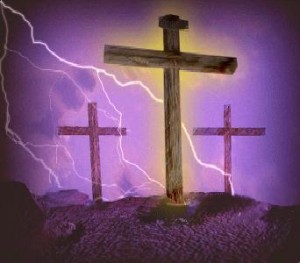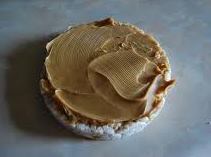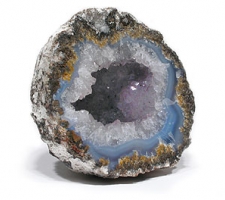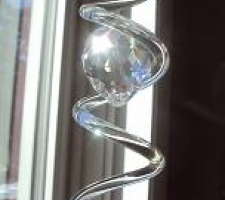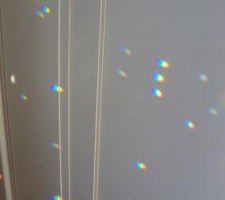My kitchen calendar tells me this week is the official start of the Lenten season, 40 days of preparation toward remembering Christ’s sacrifice and celebrating his resurrection. I grew up in a protestant church that didn’t practice Lent, but I remember Catholic neighbors who did, and thought I was lucky not to have to give up stuff like they did.
In my 65 years I’ve never participated in Lent. But now I’m attending a new church where a Lenten sacrifice is a choice, and I’m going to try it. The purpose of Lent is to make our hearts right before remembering the crucifixion and celebrating the resurrection. The 40 days represent the time Jesus prepared for his ministry in the wilderness, a time during which he sacrificed eating in an offering of difficult self-sacrifice.
When I was young, our Easter season consisted of spring vacation, which brought us to Good Friday, followed quickly by an Easter worship service and a lamb roast. It was heartbreaking to dwell on how intensely Jesus suffered because of us and for us. We preferred to skip over Good Friday to the happy tune of, “Up from the grave he arose!”
The idea behind Lent is to invest 40 days in a “season of sorrowful reflection,” a period of grieving over Jesus’ death. Three things are important: extra prayer time (focusing on God), fasting (focusing on self-deprivation) and giving (focusing on neighbors).
Like any spiritual discipline, Lent can become legalistic, entered into by rote habit or because someone else forces the issue. But as a way to honor Christ’s sacrifice with a sincere heart, a quiet participation in Lent is an effective thank-offering to our Savior.
For the last couple of weeks I’ve been asking God what he’d like me to surrender as a Lenten gift of worship. Ideally it would be something I do or eat daily, something I’d really miss. Should it be certain foods? Trips to the beach? My ipod while walking Jack?
Today I decided. I’ll give up my favorite daily treat: rice cakes and peanut butter. Although that may sound insignificant, my kids all know I’m addicted to this combo, and they’ve seen me eat 7 or 8 in one sitting. Back when I was trying to lower my cholesterol, I quit rice cakes for several months, a difficult challenge. In the end, red yeast rice pills worked better on the cholesterol, and I went back to my PB and rice cakes.
A Christian’s body is the temple of God’s Holy Spirit. Sacrificing something we physically crave is probably a good way to privately acknowledge that our bodies are not our own and that we’ve bought with a high price, paid by Jesus. What better time to think about this than in the weeks leading up to Good Friday.
When Easter morning finally arrives, many families will begin that day with hot cross buns, but I’ll be celebrating with rice cakes and peanut butter.
“Give your bodies to God because of all he has done for you. Let them be a living and holy sacrifice—the kind he will find acceptable. This is truly the way to worship him.” (Romans 12:1)

